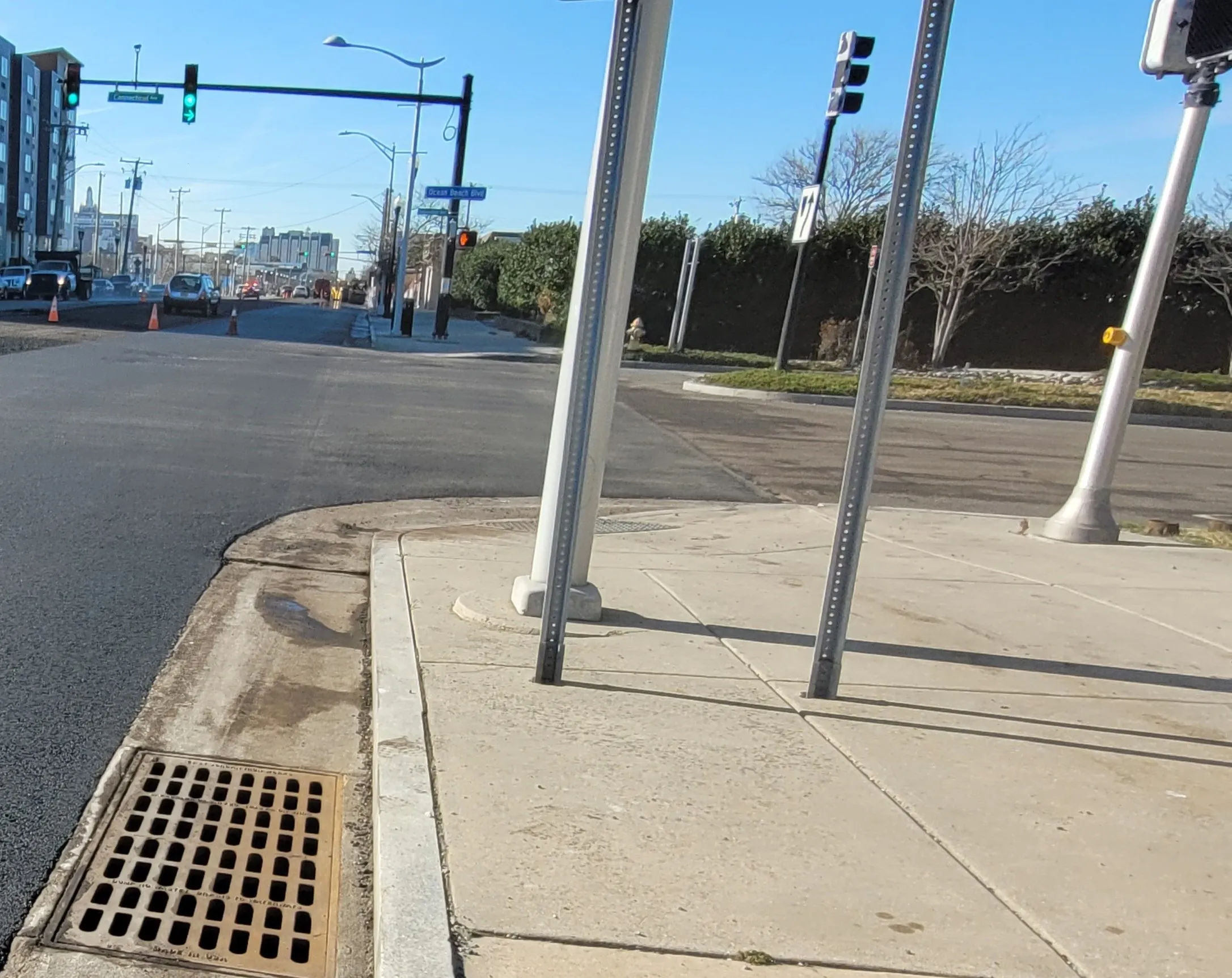Siemens has won a new SCOOT (Split Cycle Offset Optimisation Technique) project in the US State of Georgia, in an area to the north of Atlanta along State Route 9. In the first phase, SCOOT will control thirty-three intersections in the towns of Alpharetta, Roswell and Sandy Springs and it is expected that more intersections will be added to the system over the next few years. The project is being managed by Siemens USA with local dealer Temple.
May 9, 2013
Read time: 2 mins
The project is being managed by
Following testing of a demonstration system by
Further analysis by
It was determined that with the Siemens configuration, the clients could continue to run standard traffic patterns using the Siemens TACTICS traffic management system. However, when requested, the SCOOT system can activate a full adaptive system which can be turned on and off by the SCOOT system scheduler.
Roadside implementation has already begun and the full SCOOT implementation is expected to be completed by the end of the summer.
A tender has also been released to expand the system with an additional thirty-four intersections before the initial deployment has been completed. The initial deployment will be for 33 intersections.










